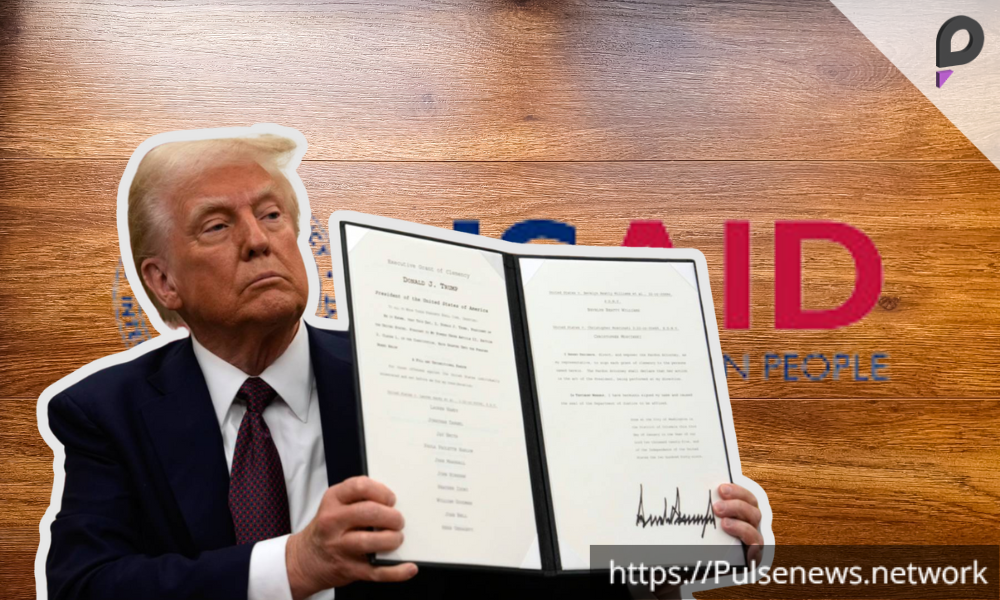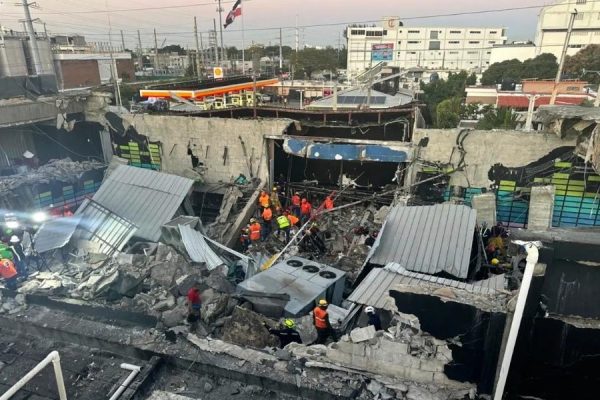Washington: President Donald Trump‘s sweeping changes to U.S. foreign assistance have created chaos in the aid and development sector. USAID Contractors are grappling with severe financial challenges, forcing many to lay off staff and struggle with millions of dollars in unpaid invoices.
Immediate Impact of Trump’s Overhaul
Just hours after taking office on January 20, Trump initiated a comprehensive review of nearly all U.S. foreign aid. He tasked billionaire Elon Musk, who has made disparaging remarks about USAID, with reducing the agency’s size. This move has led to a wave of layoffs, with dozens of USAID staff placed on leave and hundreds of internal contractors losing their jobs.
Musk’s so-called Department of Government Efficiency has severely cut resources at USAID, which is responsible for delivering billions in humanitarian aid globally. The State Department issued blanket stop-work orders that have thrown the aid industry into turmoil. Contractors typically front costs and bill the U.S. government later, and the sudden halt has left many in disarray.
Contractors Struggle to Survive
For Steve Schmida, co-founder of Resonance—a Vermont-based USAID contractor—these changes represent an existential crisis. Schmida’s company, which specializes in innovation, fisheries conservation, and trade investment, is facing an alarming financial outlook. He shared that the U.S. government had approved millions of dollars in invoices, but it had not paid them.
“We quickly understood that this was a serious threat to our business,” Schmida explained. As a result, he has laid off or furloughed nearly all of his staff, anticipating that about 90% of his revenue could vanish.
“The last 10 days have been the worst 10 days of my professional life,” he lamented. Much of his project funding had been approved during the first Trump administration.
Another USAID partner, who wished to remain anonymous due to fears of retaliation, reported having to furlough hundreds of employees. The organization owes over $50 million in past-due invoices from late 2022 and may consider taking legal action to recover the funds.
Trust Eroded in the Aid Community
Many within USAID expressed disbelief at how quickly the administration moved to terminate employees, often just days before their health benefits expired. Rose Zulliger, a former senior malaria technical advisor, was one such victim. Terminated last week, she faced the urgent challenge of securing health insurance for her daughter’s upcoming tonsillectomy.
“It’s not just the personal stress of losing my job; it’s the reality that our global health work has been paused. The trust and relationships we’ve built—critical to U.S. influence worldwide—have been ruptured,” Zulliger said.
In fiscal year 2023, the United States disbursed $72 billion in aid globally, supporting initiatives like women’s health, clean water access, and anti-corruption efforts. This funding, although less than 1% of the total budget, plays a vital role in building international alliances and reinforcing U.S. diplomacy.
Personal Stories of Loss and Uncertainty
Esther Zeledon and her husband, Paul Rivera, saw a drastic decrease in their household income due to Trump’s executive orders affecting foreign assistance. Zeledon worked part-time for USAID, while Rivera held a full-time position with the agency. Facing financial uncertainty, they may have to move in with her parents and consider withdrawing from their retirement savings to meet expenses.
“It’s horrible because we planned our finances for the year. Now there’s so much uncertainty,” Zeledon expressed.
Dozens protested outside USAID’s Washington offices on Monday. Amanda Satterwhite, a contractor whose job is on hold, expressed her anxiety about mortgage payments and her search for new employment.
“No one knows how the aid industry will recover from this situation,” Satterwhite said.
Conclusion
The turmoil in the U.S. foreign aid system under Trump’s administration has left contractors and employees facing an uncertain future. As layoffs and financial hardships mount, the vital work of aid and development hangs in the balance. The hope remains that as the dust settles, USAID can rebuild and continue its crucial mission to provide support and resources to those in need worldwide.












